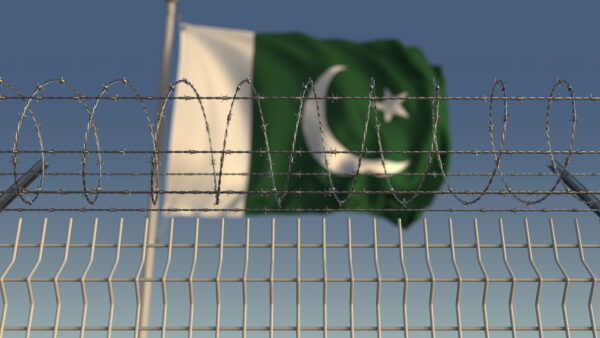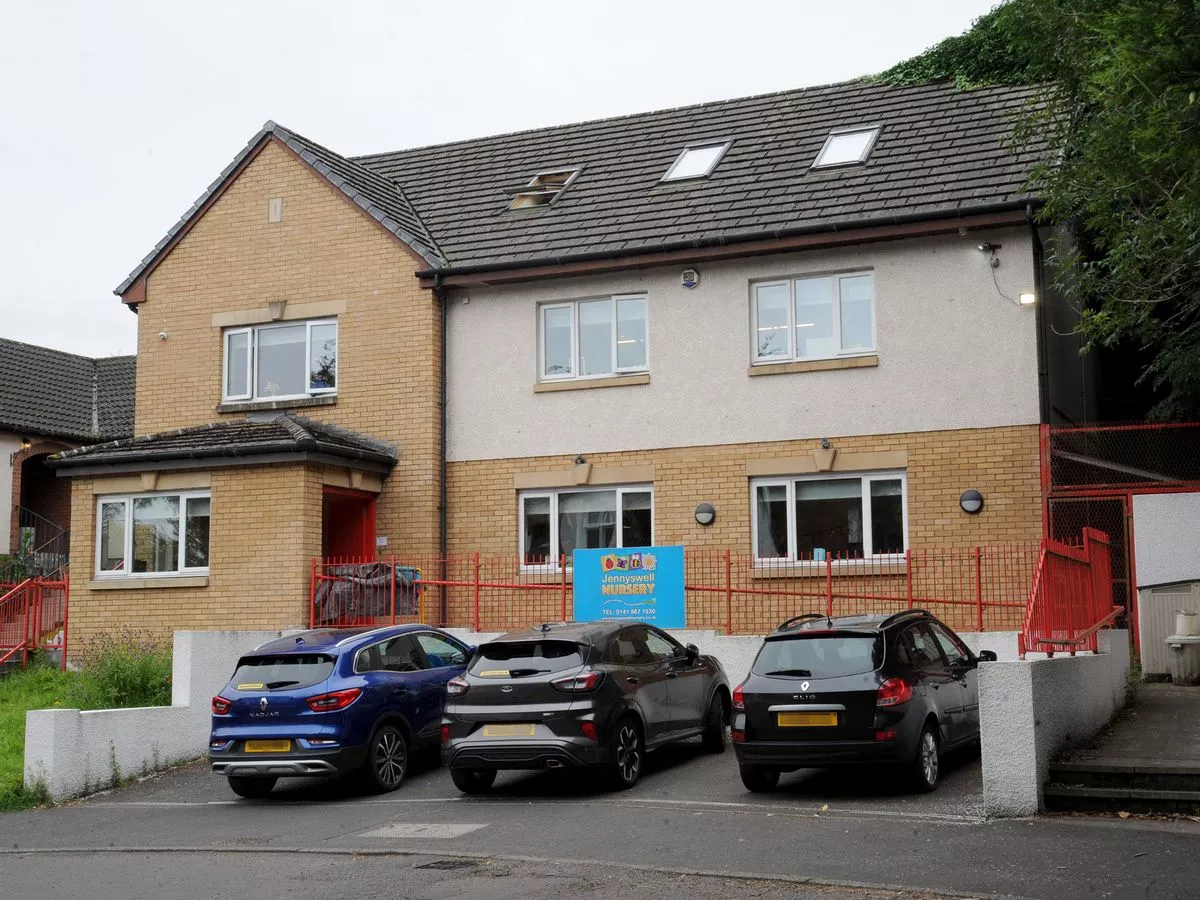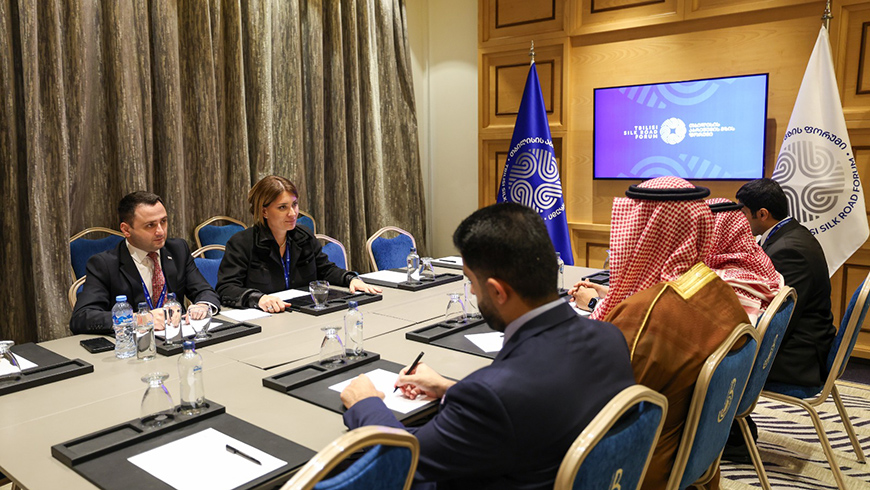Copyright thediplomat

Between September and October, dozens of people across various districts of Balochistan were added to the Fourth Schedule and placed on Pakistan’s Exit Control List (ECL). “Since the Pakistan People’s Party (PPP) assumed power in Balochistan, anti-terrorism laws have been abused more than ever,” wrote prominent Baloch rights activist Dr. Sabiha Baloch on X on 22 October. Baloch noted that she, along with Sammi Deen, an award-winning human rights defender, and Shalee Baloch, had been added to Pakistan’s anti-terrorism watch list, domestically known as the Fourth Schedule. What began as a list for hardened terrorists is now, under the current government, a tool to suppress dissent and critical voices, illustrating a pattern of escalating state repression in Balochistan. Amnesty International South Asia called the move an affront to human rights, saying in a statement on October 23: “The arbitrary manner in which these individuals, including peaceful Baloch activists, have been placed on a terrorist watchlist without the opportunity to challenge the decision is a violation of due process and their rights to liberty, privacy, and freedom of movement.” Since Chief Minister Sarfaraz Bugti, who is both controversial and unpopular in the province, took office, Balochistan has seen a dramatic uptick in political instability and violent militant attacks. Bugti, who resigned from the caretaker government to contest elections before being appointed chief minister, has been criticized for undermining Pakistan’s constitutional requirement that caretaker administrations remain neutral and ensure free and fair elections. According to the Pakistan Institute for Peace Studies (PIPS) Security Report 2024, attacks by Baloch insurgents rose by 119 percent compared with the previous year. The report identified the Baloch Liberation Army (BLA) as a key perpetrator of violence. Overall, the number of militant attacks reached levels not seen since 2014, making Balochistan once again the most violence-affected province in the country. More than 95 percent of all violent incidents recorded in Pakistan in 2024 were concentrated in Khyber Pakhtunkhwa and Balochistan. Among the driving factors behind this uptick in militancy in Balochistan are a lack of political representation, the collapse of reconciliation efforts with Baloch nationalists, and an intensifying crackdown on peaceful rights activists, including the misuse of anti-terror laws. Under Bugti’s administration, dialogue and negotiation have been replaced by coercion and confrontation. His hardline media rhetoric has further inflamed resentment and pushed younger Baloch toward militancy, which has deepened the province’s cycle of anger and alienation. As rights activist Sabiha Baloch wrote, anti-terrorism laws have never been abused to this extent, and all under Bugti’s watch. Dozens of his opponents in his native Dera Bugti district have been placed on the Fourth Schedule. One Baloch politician said Bugti had “completely shut the door to talks, dialogue, and reconciliation” while simultaneously intensifying corruption, financial embezzlement, and illegal appointments across various departments in the province. From the bureaucracy to health and education, he has allegedly installed loyalists involved in large-scale corruption, all of which are overshadowed as the attention remains fixated on security issues. During the PPP’s previous tenure in Balochistan (2008–2013), the government at least attempted some political and economic reforms alongside security measures to contain the insurgency. Initiatives such as the Aghaz-e-Haqooq-e-Balochistan package, the Balochistan-FATA Scholarship program, and the presentation of the 7th National Finance Commission (NFC) Award sought to address long-standing grievances over how resources are shared between provinces and the center. Announced in 2010, the NFC Award was hailed as a major step toward financial autonomy, raising the provincial share from the divisible pool from 46.5 percent to 57.5 percent. The 18th Constitutional Amendment, passed the same year, abolished the concurrent legislative list, granting provinces greater administrative, economic, and political autonomy. All this has been bulldozed now. At the time, the government also made tangible efforts to engage disgruntled Baloch leaders in dialogue. These initiatives gave an impression that, alongside kinetic security measures, political and economic steps were being taken to address the province’s deep-rooted discontent. Today, however, the current PPP government in Balochistan appears singularly focused on security, propaganda, and silencing political opponent through weaponizing the law. State repression defines the administration’s approach. The Sarfaraz Bugti-led administration seems to have opened a new “patriotism certification” shop, handing out labels of loyalty and treason at will. By blurring the line between political opposition and militancy, Bugti has weaponized patriotism to legitimize repression. Anyone questioning the government’s legitimacy is swiftly branded an Indian agent. Bugti has accused the massive Baloch civil rights movement, the Baloch Yekjehti Committee (BYC), of being a “soft political wing” of the BLA and a proxy for hostile foreign agencies. Since March, his government has unjustly detained BYC leaders, including Dr Mahrang Baloch. The ethno-nationalist Balochistan National Party (BNP), which has produced two provincial chief ministers, has also been branded “anti-state.” Even Pashtun nationalist groups are being smeared as Afghan agents, inflaming ethnic tensions in the province. In June, the Bugti government adopted the Anti-Terrorism (Balochistan Amendment) Act 2025, granting law enforcement agencies the power to detain anyone for up to three months without charge. Further amendments passed in September allow the identities of judges, prosecutors, defense lawyers, witnesses, and others involved in high-profile terrorism cases to be concealed. The law also permits prison trials instead of open hearings in civilian courts, an explicit violation of Article 10A of Pakistan’s Constitution, which guarantees the right to a fair trial and due process. Under Bugti’s watch, Balochistan faces a new turmoil. In place of reconciliation, the province now endures repression. Under the guise of counterterrorism, laws have become weapons against political opponents, dialogue a crime, and dissent an act of treason. While Pakistan’s mainstream political parties look away, the gulf between the state and its most restive province deepens, which will further erode the federation’s already fragile bond with Balochistan.



